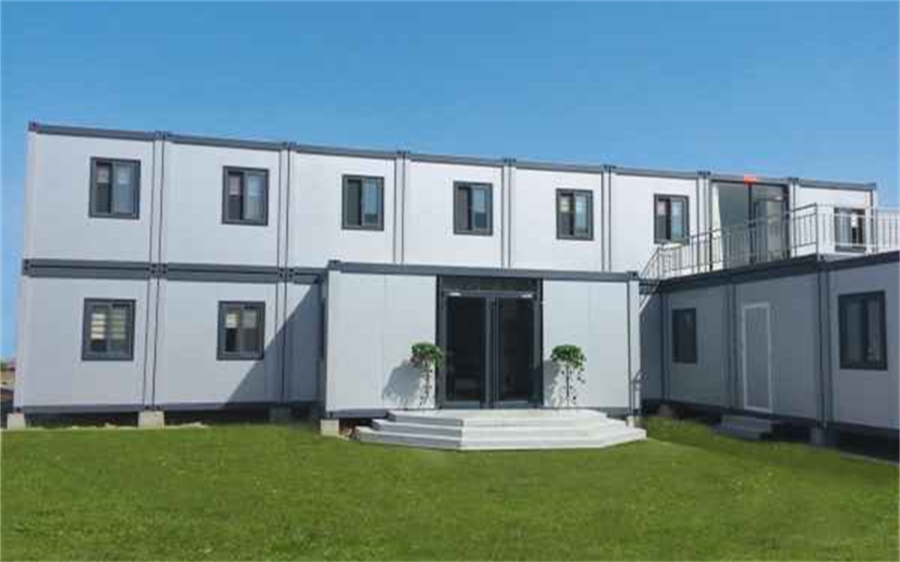Modular container houses, as a new model of modern housing construction, have the advantages of being fast, flexible, economical, and environmentally friendly and sustainable. This construction method is not only suitable for optimizing urban public spaces, such as transforming them into temporary public facilities such as mobile libraries, small exhibition halls, rest pavilions, etc., to improve the utilization and service quality of public spaces, but also particularly suitable for solving the problem of urban housing shortage. Through reasonable design and layout, it can be combined into economically affordable apartment buildings to provide a living solution for low-income groups. In addition, with the upgrading of consumption patterns, characteristic commercial streets have become a new trend in urban commercial development. Modular container buildings, with their unique appearance and flexible layout, provide an ideal choice for building container commercial streets. Container commercial streets usually have distinct themes and personalized designs that can attract consumers’ attention. At the same time, merchants can personalize the interior decoration and layout of containers according to their own brand image and business needs, forming rich spatial levels and flow lines.
Against the backdrop of the booming tourism industry, container homestays have emerged as a unique accommodation experience, usually located in scenic natural environments such as mountains, beaches, or rural areas, providing tourists with a brand new accommodation experience. Compared with traditional architecture, the construction of container homestays has a smaller impact on the environment and does not require large-scale land leveling and foundation construction, which can better protect the local ecological environment. Meanwhile, the construction cost of container homestays is relatively low, which can bring higher economic benefits to investors.
In the future, container houses will continue to strengthen their environmental and sustainable characteristics, and may pay more attention to the concept of ecological architecture. Technological innovation will drive the development of container houses towards a more intelligent and automated direction, such as achieving intelligent management of houses through integrated smart home systems. In addition, by utilizing technologies such as the Internet of Things and big data, real-time monitoring and optimized management of container housing usage can be achieved. Although container houses face some challenges in the development process, such as social acceptance, technical difficulties, and economic costs, with the advancement of technology and the improvement of social awareness, the development prospects of modular container houses are still very broad
Post time: Aug-01-2024

